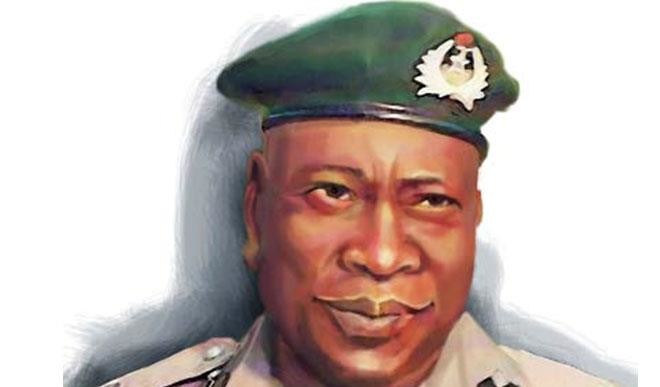Abdulkadir S. Kuso: Truly a father to all
It is one thing to be a generous giver and another thing to be easy-going and approachable. Some affluent people in the society are magnanimous, many are often stringent, which either scares people away from them or deliberately keeps ‘commoners’ at bay, not allowing them close. But my foster father, ‘Daddie’ as he was fondly […]


It is one thing to be a generous giver and another thing to be easy-going and approachable. Some affluent people in the society are magnanimous, many are often stringent, which either scares people away from them or deliberately keeps ‘commoners’ at bay, not allowing them close. But my foster father, ‘Daddie’ as he was fondly called, is one of a kind; an archetype who I like to call a man of the people and he died on March 30, 2015.
Late DC Abdulkadir Sani Kuso’s doors were always wide open to whoever had a need. The degree to which he loved people rose far higher above that of my biological dad, probably because my biological one was a bit reclusive. In the midst of his workers, younger siblings and children, you would never believe he wielded such influence and position in the Nigerian Customs Service, as he would chat away freely with anyone, cracking jokes and laughing.
Certainly there are, but I have never met a man who derived so much joy, contentment and pleasure in helping others, and having people around him. Never did he eat alone, but must have someone with whom to share his meals, eating from the same plate. If none of his friends or associates were around to share in his meals, he’d call on his much younger cousins, nephews, or his children to dine with him.
Once, my nephew told his mum how he saw Daddie eating from the same plate with a local musical band that performed at his second daughter’s wedding in January last year. Few hours after he had a motor accident which later claimed his life, I would never forget the wailing and agony of a widow on a condolence visit lamenting that she knew not how to get provisions for the Ramadhan fast now that Daddie was dead.
He used to make it a point of duty to distribute such provisions to all neighbouring houses to his. Few days after Eid-el-Fitr, his nephew’s wife narrated to my sister (his widow) how two aged women came knocking at their door asking for provisions. She said the strangers spoke in Hausa, lamenting that Daddie extended that gesture to them annually, and with his demise they don’t know who to turn to, so decided to approach the nephew, who is also a foster son.
I will lose count if I begin to list the number of relations and non-relations whom he had lend supporting hands to (morally and financially), pulling them on their feet to become responsible citizens, successfully independent and self-reliant in life; building their own families as we speak. He was a unifying force, a bridge-builder who was constantly preaching on the need for everyone to strengthen ‘
ties of kinship. For this noble role, he was turbaned ‘Sarkin Sallami’ meaning ‘The Peace Builder’ of Lapai Emirate. At his funeral, some slumped and fainted while many continued to utter in Hausa language “Giwa ta fadi” meaning “The elephant has fallen”.
Wherever he went on transfer from Port-Harcourt to Lagos to Abuja, his positive impact was felt, often leaving remarkable imprints behind. He would often help total strangers wherever he went, offering them shelter, treating them as his very own. In fact, he was in the car along with one such young man he’d taken under his wing when they had the fatal accident.
Both his residences at Minna and Lapai have become students’ hostels of sorts, as he provided accommodation to students free of charge, which are both located very close to Federal University of Technology Minna Bosso Campus, and Ibrahim Badamasi Babangida University Lapai, respectively. He was always sympathetic of students’ plight having to leave their families to come schooling. He often said that he knows not where the wind of destiny would take his children, by which they might also require assistance.
Safiya, his eldest child, was recounting instances when she queried her dad for not saving money. Sobbing, she said Daddie’s response to her was always: “Gogo-Daddie (as he fondly called her), how can I save when people around me are in dire need?” His style in life was never to live extra-large. For him, provided his family was comfortable and he was able to meet their every need, he was contented. Farewell, Daddie, and may Allah have mercy on your generous soul, amen.
Abdulkadir wrote in from Minna, Niger State.
